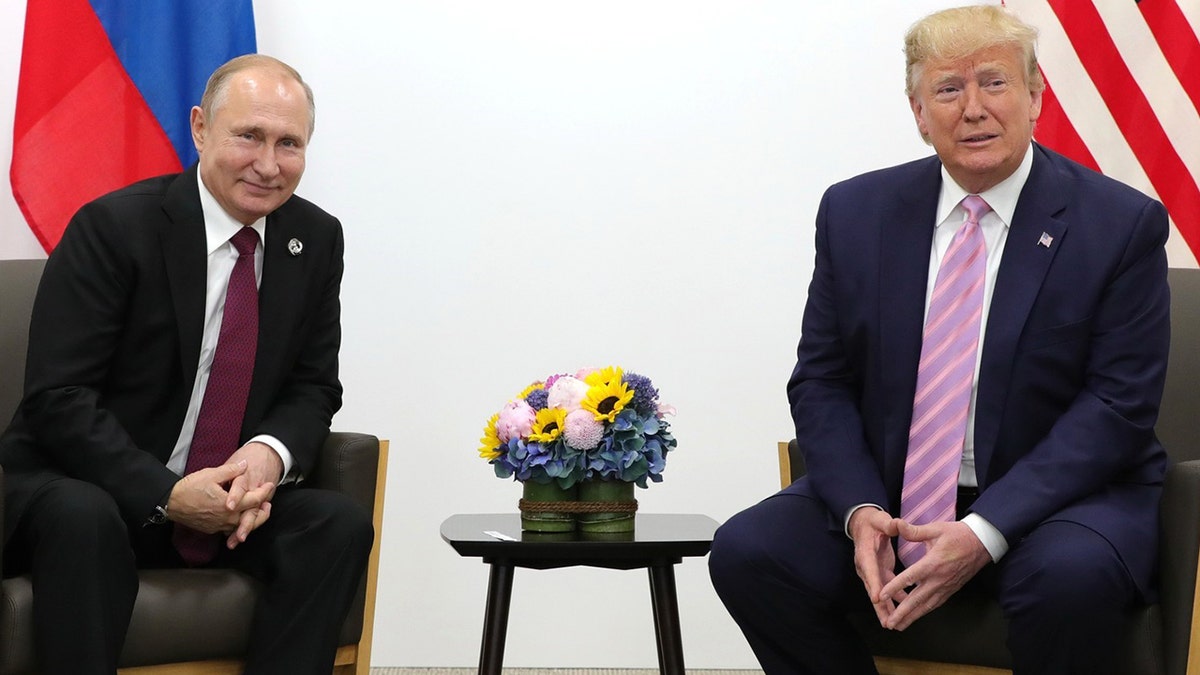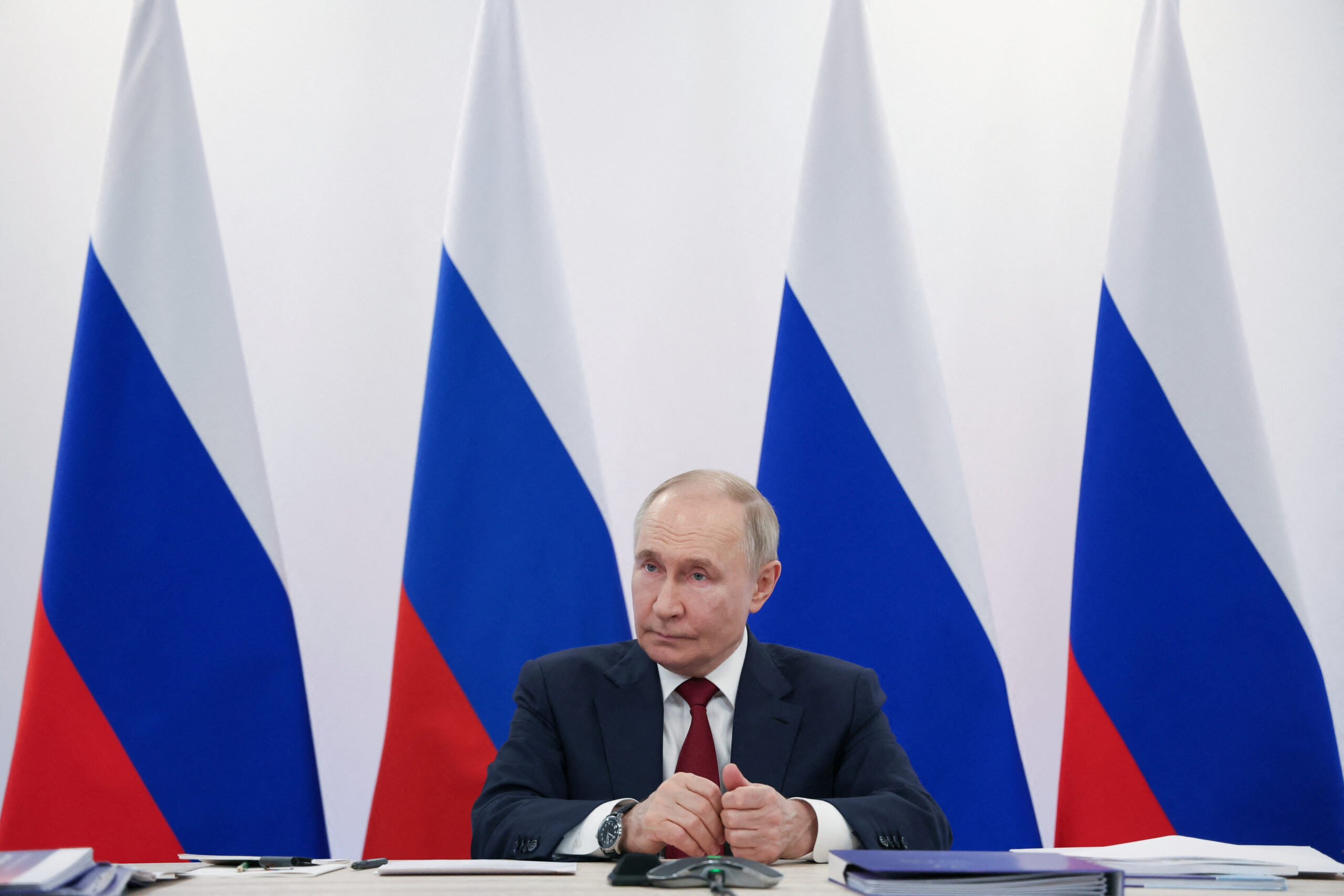Trump Warns No Future Meetings with Putin If Current Talks Falter
In a striking declaration, U.S. President Donald Trump has indicated that he and Russian President Vladimir Putin may not hold any further meetings if their current discussions do not yield positive results. This statement, made during a press briefing, underscores the precarious state of U.S.-Russia relations amid ongoing geopolitical tensions and escalating conflicts, particularly in Ukraine.
Background & Context
The relationship between the United States and Russia has been fraught with challenges, ranging from allegations of election interference to military confrontations in Eastern Europe. Recent developments have only intensified the stakes, particularly with the ongoing conflict in Ukraine, where civilian casualties continue to rise. As previously reported, Putin has faced criticism for his handling of the situation, deflecting questions about civilian deaths while maintaining a firm stance on military operations. These dynamics set a turbulent backdrop for any diplomatic engagements between the two leaders.
Trump"s comments come at a critical juncture as both nations grapple with mutual distrust and divergent national interests. The President"s warning reflects a growing impatience with the lack of progress in diplomatic negotiations, a sentiment echoed by many within the U.S. political landscape. The potential for a breakdown in talks is alarming, given the historical context of U.S.-Russia relations, which have oscillated between cooperation and confrontation over the decades.
\n\n
Image for Trump Warns No Future Meetings with Putin If Current Talks Falter
Key Developments
During the press briefing, Trump emphasized that the outcome of their current discussions would determine the future of U.S.-Russia diplomacy. "We may not have any more meetings at all if it does not go well," he stated, signaling a possible shift in strategy towards a more confrontational approach if negotiations falter. This remark highlights an essential aspect of Trump"s foreign policy: a willingness to abandon traditional diplomatic channels if they do not yield satisfactory results.
In recent meetings, Trump and Putin have engaged in direct conversations aimed at addressing pressing global issues, including nuclear proliferation and regional security. However, the underlying tensions, particularly regarding the conflict in Ukraine, have complicated these discussions. In earlier coverage, Trump insisted on a ceasefire as a prerequisite for further negotiations, a stance that underscores the urgency of addressing humanitarian concerns amidst military actions.
Broader Impact
The implications of Trump"s warning extend beyond U.S.-Russia relations, potentially affecting global diplomatic dynamics. Experts suggest that a collapse in talks could lead to increased military tensions, not just in Ukraine but across other geopolitical hotspots. The international community is closely monitoring these developments, as they could signal a return to a more adversarial stance reminiscent of the Cold War era.
Furthermore, analysts point out that Trump"s approach may resonate with his political base, which has often viewed foreign engagements with skepticism. By framing the potential cessation of meetings as a consequence of poor outcomes, Trump is positioning himself as a decisive leader who prioritizes American interests, potentially bolstering his support domestically.
\n\n
Image for Trump Warns No Future Meetings with Putin If Current Talks Falter
What"s Next
As the situation unfolds, the next steps will be crucial in determining the trajectory of U.S.-Russia relations. Analysts are keenly observing how both leaders will navigate the complexities of their discussions in the coming weeks. Will Trump follow through on his warning, or will he seek to re-engage with Putin to explore diplomatic solutions? The international community awaits clarity on whether these talks will lead to a breakthrough or further exacerbate existing tensions.
In the meantime, the ramifications of these discussions are likely to influence not only U.S. foreign policy but also the broader geopolitical landscape. As previously reported, the stakes are high, and the world watches closely, anticipating the outcomes of these pivotal meetings.



![[Video] Gunfire between Iraqi security forces and Sadr militias in Baghdad](/_next/image?url=%2Fapi%2Fimage%2Fthumbnails%2Fthumbnail-1768343508874-4redb-thumbnail.jpg&w=3840&q=75)
